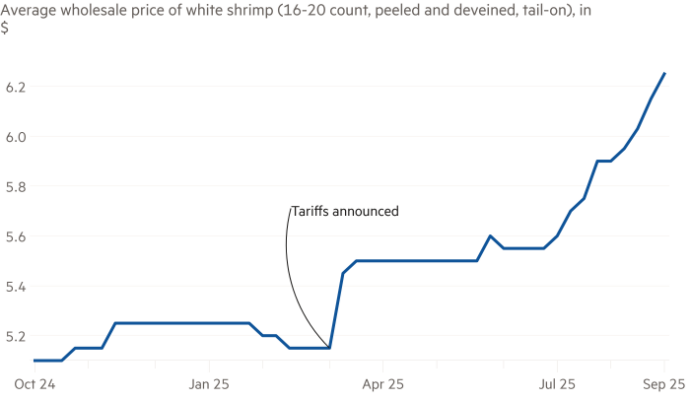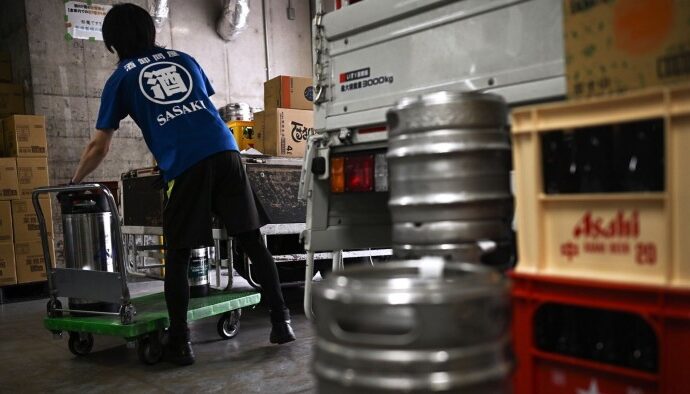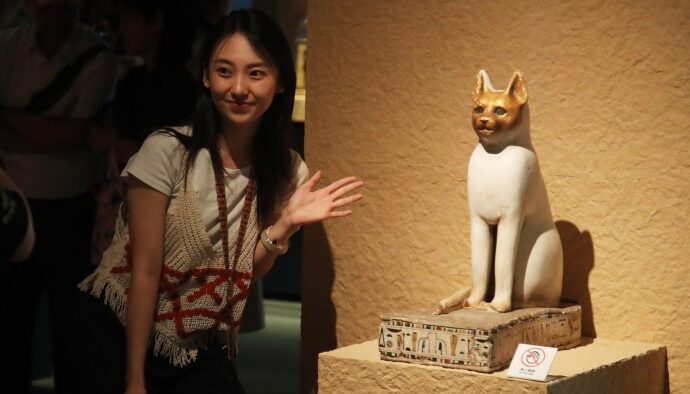Unlock the Editor’s Digest for free
Roula Khalaf, Editor of the FT, selects her favourite stories in this weekly newsletter.
This article is an on-site version of our FirstFT newsletter. Sign up to our Asia, Europe/Africa or Americas edition to get it sent straight to your inbox every weekday morning
Good morning. Lai Ching-te, the presidential candidate of Taiwan’s ruling Democratic Progressive party, has accused China of unprecedented interference in his country’s elections.
“China meddles every time Taiwan holds elections, but this time it is the most serious we have ever seen,” Lai, who is currently Taiwan’s vice-president, told international media yesterday. “No matter if it is propaganda or military intimidation, cognitive warfare or fake news, they are employing it all.”
The Chinese Communist party has long attempted to infiltrate Taiwanese society and co-opt residents and social groups as part of its strategy to sway Taiwan towards unification with the mainland. The government of current president Tsai Ing-wen has frequently accused Beijing of election interference.
But Lai’s remarks were the strongest yet during the current election. Read more on the charged atmosphere in Taiwan ahead of the vote on Saturday.
Here’s what else I’m keeping tabs on today:
Economic data: Australia publishes consumer price index inflation numbers for November.
Reports: The World Economic Forum’s Global Risks Report is published.
Meetings: The Nato-Ukraine Council convenes in Brussels.
Five more top stories
1. US defence secretary Lloyd Austin was hospitalised last week after complications following surgery to treat prostate cancer, his medical team said, the first significant details to emerge about his unexplained absence earlier this month. Austin, 70, has faced mounting criticism for failing to inform the White House for three days that he had been admitted for treatment last week. He remains in hospital but is expected to make a full recovery.
More US news: A federal appeals court in Washington yesterday appeared sceptical of Donald Trump’s argument that he is immune from criminal prosecution for allegedly attempting to overturn the 2020 presidential election while serving in the White House.
2. Volkswagen has failed to win ground from key rivals such as Tesla and BYD in China, despite spending €5bn last year on defending its position in the world’s biggest car market. The German carmaker said yesterday that its sales in China rose 1.6 per cent last year. That compared to 5.6 per cent overall growth in the market reported by the China Passenger Car Association. Here’s more on VW’s challenges in the Chinese car market.
More companies: Samsung’s smallest profit fall in five quarters points to a rebound in chip prices, and analysts expect a recovery for the semiconductor industry to gather pace this year.
3. United Airlines and Alaska Airlines have found loose parts on some grounded 737 Maxes, threatening to widen Boeing’s problems after a single plane suffered a mid-air blowout on Friday. The FT’s Claire Bushey and Sylvia Pfeifer report on the airlines’ discoveries.
4. French President Emmanuel Macron has promoted his popular 34-year-old education minister Gabriel Attal to be prime minister as he seeks to reboot a second term hindered by a fractured parliament. Attal will be the youngest-ever French premier and the first gay one, with a distinctly more political edge than his technocratic predecessor Élisabeth Borne. Here’s what analysts said about Attal’s appointment.
5. Emerging markets specialist Gramercy, which made big profits a year ago on distressed developer debt in China, has scented an opportunity to repeat the trick and has bought back into the sector. Gramercy founder Robert Koenigsberger told the FT that distressed bonds of Chinese developers such as Country Garden could triple in value once a restructuring was completed.
The Big Read
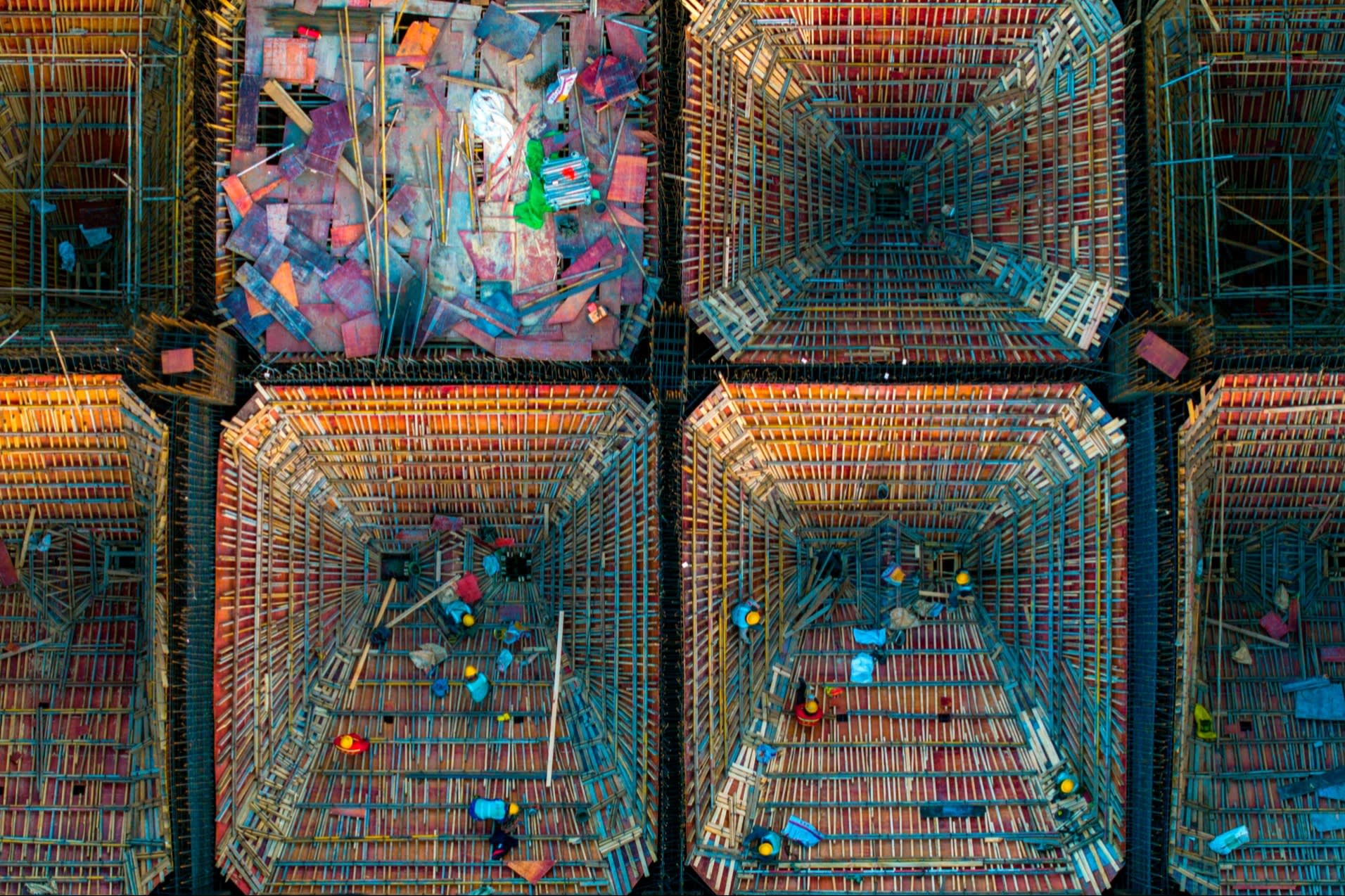
The EU has imposed the world’s first tax on emissions from carbon-intensive imports, starting with cement, iron, aluminium, fertilisers, electricity, hydrogen and steel. The levy will come into force in 2026, but the transition is under way. The decision could set in motion a wave of countries enforcing similar measures, and on a wider variety of products, delivering a devastating collective blow to China, the world’s biggest steel producer.
We’re also reading . . .
Dating apps: Platforms such as Tinder and Hinge are charging more and introducing new subscription tiers as competition heats up and growth slows.
Substack: The newsletter platform’s response to The Atlantic’s claims that it had a “Nazi problem” was a masterclass in how not to react, writes Stephen Bush.
Liberalism is battered but not yet broken: Freedom is under threat in the west and elsewhere, but it must be defended, writes Martin Wolf.
Chart of the day
In India’s upcoming national election, expected between April and May, Prime Minister Narendra Modi will make much of his Bharatiya Janata party’s economic record during its 10 years in government. But what do the numbers show? Using charts (like the one below), FT reporters demonstrate how India has changed under Modi.
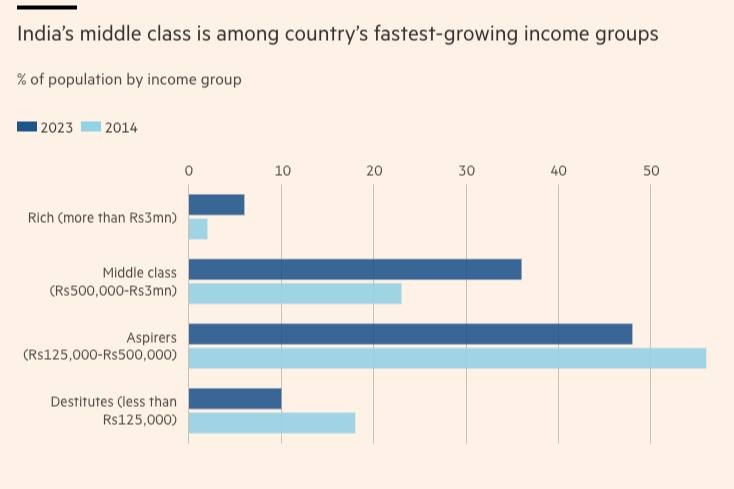
Take a break from the news
Where should one go in Tokyo to get work done — while, ideally, enjoying doing it? From “avatar robots” and exercise machines to stellar views, Japan’s capital has work-friendly spots that can make clearing out the inbox feel like less of a chore. Here are six of Tokyo’s quirkiest co-working spaces.
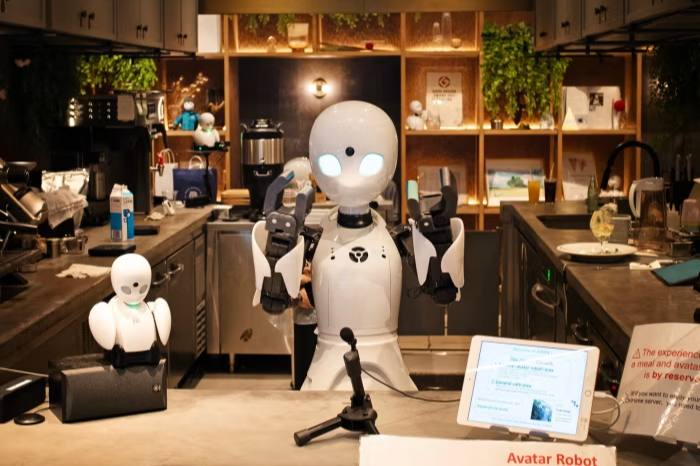
Additional contributions from Tee Zhuo and Gordon Smith
